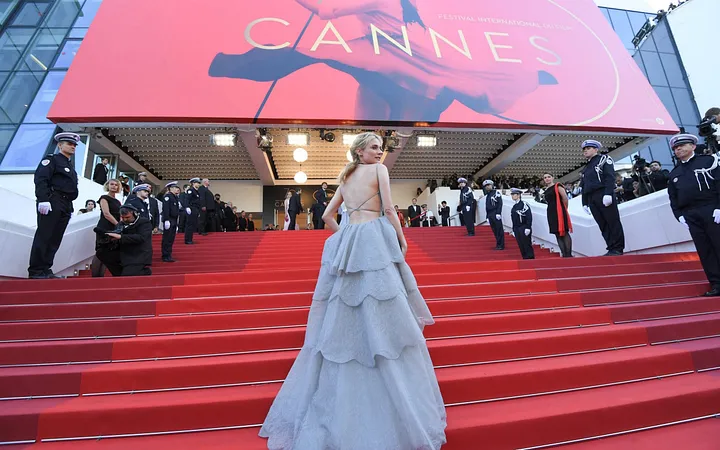Nollywood Makes History at Cannes Film Festival
After nearly 80 years, a Nigerian film has achieved a significant milestone by being included in the official selection at the prestigious Cannes Film Festival.
Nollywood, Nigeria’s thriving film industry known for its high production rate, with up to five films being churned out daily in Lagos, is finally getting global recognition.
Despite dominating the film scene in Africa, Nigerian filmmakers have struggled to reach a wider international audience, even though they outproduce Hollywood in terms of quantity.
For years, Nollywood has been known for its low-budget, fast-paced dramas that touch on themes of love, poverty, religion, corruption, and traditional beliefs.
However, the perception of Nollywood as quantity over quality is changing with the selection of My Father’s Shadow for a slot at Cannes, marking a significant moment for Nigerian cinema.
Directed by Akinola Davies, the film is set during the 1993 military coup in Nigeria, capturing a pivotal moment in the country’s history. The story follows two young boys as they navigate the chaos of the coup, with acclaimed actor Sope Dirisu in a leading role.
This success at Cannes is not an isolated incident. Nigerian films like The Black Book, Shine Your Eyes, and Eyimofe (This Is My Desire) have garnered international acclaim and recognition at major film festivals.
With the potential for tax incentives for filmmakers in the pipeline, Nollywood’s presence on the global stage is set to expand through streaming platforms and collaborative productions.
While challenges such as technological limitations and the closure of major streaming platforms like Amazon in Africa persist, local production companies like the Ebonylife Group are taking steps to fill the void by launching their own platforms.
Despite these hurdles, the future looks promising for Nollywood, with plans to increase the number of cinema screens in the country and expand its reach beyond borders.
As Nollywood continues to grow in influence and popularity, it remains a powerful tool of soft power for Nigeria on the global stage.
Mo Abudu, founder of the Ebonylife Group, recently topped The Hollywood Reporter‘s list of the “40 Most Influential Women in International Film,” further solidifying Nollywood’s place in the world of cinema.








